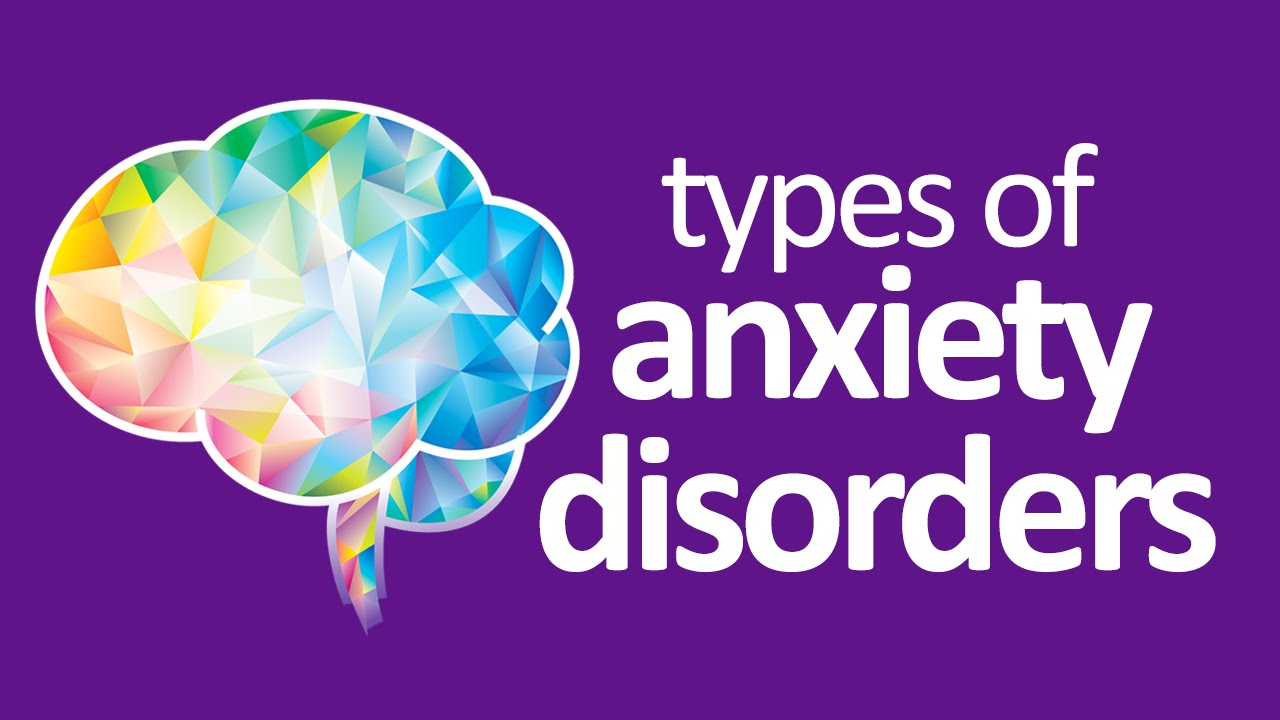COVID-19: Anxiety symptoms spiked during pandemic – Study
A new study has found a significant rise in anxiety symptoms during the COVID-19 pandemic thus increasing the therapeutic techniques to manage worry and anxiety. The research, featured as a commentary in the journal Psychological Trauma: Theory, Research, Practice, and Policy, highlights the burden the COVID-19 pandemic has placed not only on people’s physical health […]

A new study has found a significant rise in anxiety symptoms during the COVID-19 pandemic thus increasing the therapeutic techniques to manage worry and anxiety.
The research, featured as a commentary in the journal Psychological Trauma: Theory, Research, Practice, and Policy, highlights the burden the COVID-19 pandemic has placed not only on people’s physical health but also their mental health.
Dr. Michael Hoerger, Assistant Professor of Psychology and Psychiatry at Tulane University Cancer Center, New Orleans, and his co-authors noted that, previous health science research used Google Trends data in studies, and the present study’s investigators wanted to see how effective it could be in the context of mental health in the current pandemic.
By comparing the pre- and post-pandemic search terms, the researchers were able to identify four relevant themes.
Firstly, following the announcement of the pandemic, search terms related to ‘worry’ increased significantly. These terms included ‘worry,’ ‘worry health,’ ‘panic,’ and ‘hysteria.’
Secondly, people shifted to searching for anxiety symptoms, which spiked after the initial flurry of worry-related search terms.
Thirdly, the researchers did not see a significant increase in other mental health search terms, such as depression, loneliness, suicidal ideation, or substance abuse.
Finally, the researchers noticed that not only did people understandably searched for more online therapy rather than face-to-face therapy, they also searched for therapy techniques for dealing with anxiety symptoms.
